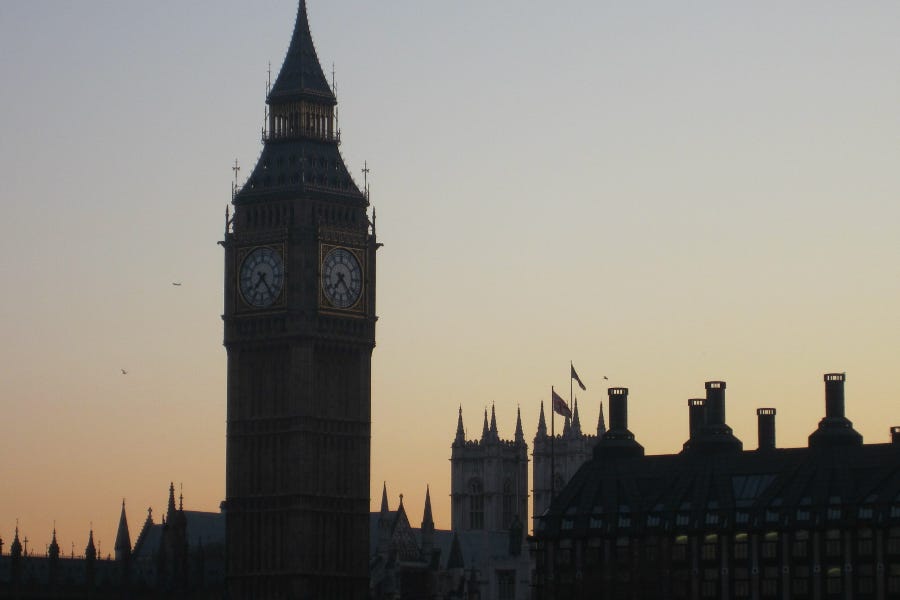UK parliament backs assisted suicide bill
Members of parliament approved the bill by 330 votes to 275
British lawmakers voted Friday in favor of a bill seeking to legalize assisted suicide.

Members of the U.K. Parliament approved the Terminally Ill Adults (End of Life) Bill by 330 votes to 275 — a majority of 55 — Nov. 29, Black Frida…
